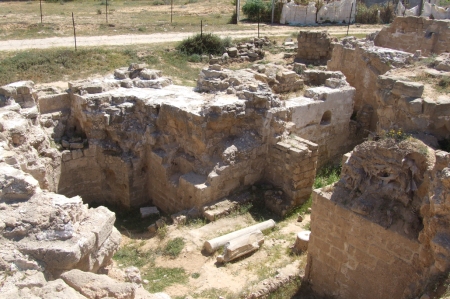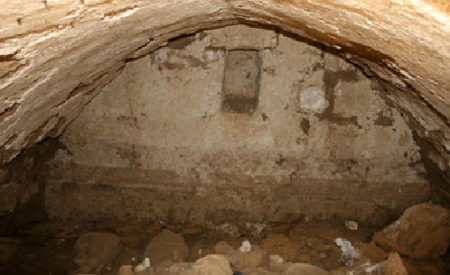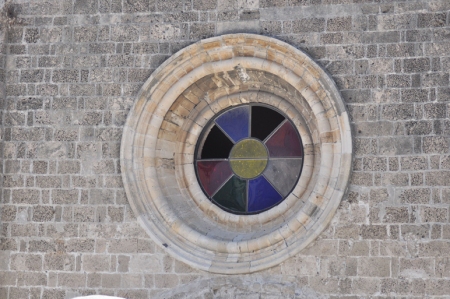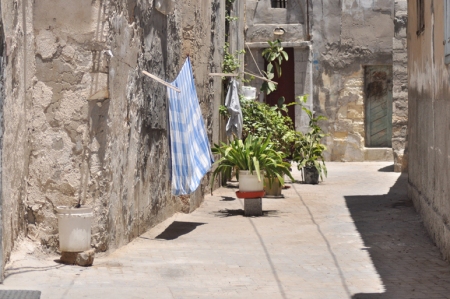
How independent is the Independent? When this young upstart began publication in 1986, it was too easy to dismiss it with the response,”No such thing” - although it has had periods when it did, indeed, look independent. My kind of independent, of course, slightly leftwards. Five years after its birth it imploded and went off the radar for a while, but rallied.
Now, though, with the kind of issue that either polarises or unifies, as the Israeli attack on the Peace Flotilla, the Indie’s true colours have been exposed.
Efforts by Tony Greenstein and a multitude of friends to place an advert condemning the BBC for its highly partial Panorama programme about the attack have been met with, first, a Jack Straw-style fog of constructive inactivity; then a kaliedoscope of legalese cant. The Guardian is also fidgety about attacking Auntie Beeb, but at least they put it in writing. As of today, Sunday 12th, the plan is to place the advert in the leftwing weeklies. And be damned!
Sat 11 September 2010
Dear Friends,
I was rung up yesterday by the Independent's libel lawyer, who I believe is Janet Youngson, and we had a completely fruitless conversation in which she made every type of objection possible. As you can see from my letter there is no point in pursuing this any further.
I will therefore submit it to the New Statesman, Spectator and left press as the majority of signatories have agreed.
It has been interesting seeing how the free press operates and how it is able to hide behind legal mystification. Note the contrast between the Indie's legal opinion, which it was not prepared to put down in writing, and that of the Guardian.
Would people do their best to spread this far and wide, Media Lens and any other outlets. A number of suggestions have been made by people.
best wishes
Tony
Saturday, 11 September 2010
Imogen Haddon
Managing Editor
The Independent and The Independent on Sunday
Dear Ms Haddon,
I was rung up by your libel lawyer, Janet Youngson I believe her name is, yesterday regarding the advert we tried placing with the Independent on 19th August concerning the BBC’s coverage of the attack on the Gaza Freedom Flotilla. I assumed, after our recent correspondence, that she would be able to give me a list of specific points which you had problems with, in order that we could hopefully agree to any amendments or alterations deemed necessary to enable you to run the ad.
Ms Youngson immediately made it clear that she was unable to provide a list of objections because, in her own words, she had marked nearly every paragraph as requiring changes. I told her that I was happy, for example, to make it clear that it was in our opinion that the Israeli Military’s ‘Go Back to Auschwitz’ clip, that was uncritically broadcast by the BBC, was a fake rather than simply stating it as such. Ms Youngson’s response was that that changed nothing. It was equally defamatory, she said, to say that ‘in our opinion you are a murderer’.
There is however a difference, as there usually is, with such broad brush analogies. The Israeli navy commandos did murder 9 unarmed peace activists in international waters, most shot at close quarters to the head. Likewise the ‘Auschwitz’ clip contained no background sounds or noise, like the other clips the IOF broadcast, so it could have been recorded by anyone, anywhere and at any time. This was, of course, after the Israeli military had withdrawn their claim that it came from the Mavi Marmara. Ms Youngson’s response was that in a libel case the defendant has to prove their assertion, which is true, but this is on the balance of probability. Questions such as Israel’s confiscation of film and recording equipment would, in itself, have enabled powerful inferences to be drawn. I would have been prepared to make it clear that the BBC did not knowingly broadcast a faked tape, though it use of such was clearly grossly negligent, but this too wasn’t acceptable.
Ms Youngson also had problems with the statement that ‘Throughout its coverage the BBC broadcast uncritically Israel’s own film “evidence” of their commandos being attacked, when it was fully aware that this had edited out the initial lethal attack.’‘ Yet this is an established fact. Ms Youngson’s response was that the BBC often show people’s home video clips! Well yes, but this wasn’t a home or mobile movie but a carefully edited IDF clip which excluded the original attack on the ships.
Her next objection was that I couldn’t prove that the BBC had done this everywhere, including on its Arabic World Service broadcasts. This is true. I don’t have the resources monitor the BBC world-wide. Nor is it necessary since the advert is being placed in a British newspaper. However I offered to change this to BBC News 24, but this was also unacceptable.
What Ms Youngson was really seeking was nothing less than a wholesale rewriting of the advert, the effect of which would have been to make it so innocuous that it would no longer have been our views that were expressed. It also transpired that Ms Youngson had worked at the BBC as a lawyer, because she kept referring to how the BBC worked internally.
We also approached the Guardian to run the advert, but decided for other reasons against this. Their legal department also had objections and, as the e-mail below demonstrates, they had no difficulty outlining what they were. Their objections related solely to a minor rewording of the allegation that the tape which was broadcast was faked and that the IDF had admitted it was not from the MM.
What made the conversation with Ms Youngson even more surreal was that she admitted the BBC would not sue for libel. The idea that the Israeli military would sue, when they are keen to avoid subjecting any of their claims to an independent inquiry, is absurd. Ms Youngson also stated that if another newspaper printed the advert then she’d have no or fewer problems about running it, even though the fact that another publication prints something libellous is no defence to a libel action.
It became clear to me that despite her claims to be speaking as a libel lawyer, Ms Youngson’s and therefore the Independent’s objections to the advert, were political not legal. We could not criticise the BBC’s coverage unless we could prove everything according to the ‘beyond reasonable doubt’ test and in any event we were ascribing a motive to their slanted coverage, namely that it was deliberate, whereas I was quite happy to accept that they have been biased for so long, on the Palestinian and other questions, that it is almost subconscious.
The reason that Ms Youngson and the Independent could not supply a list of specific objections was that it objected to the advert in toto but did not feel able to say this. It is clear that any legal concerns were a smokescreen for political objections. I pointed out repeatedly that what we were saying was covered by provisions relating to ‘fair comment’ in libel law, which she did not seem able to take on board. I then decided that there was no point in continuing the conversation and terminated the call.
The advert which we have unsuccessfully tried to place with you was no more than a paid for Op-Ed. There was nothing defamatory about it at all. The objections to it were political not legal. I would have expected the Independent of all papers to have resisted the temptation to engage in such absurd self-censorship. Clearly I was wrong.
Yours sincerely,
Tony Greenstein
From: Jennifer Melmore
To: tony greenstein
Sent: Thu, 9 September, 2010 12:33:27
Subject: Re: Proposed advert
Hi Tony
Legal have just got back to me and said that we'll only be able to run your ad if you can make a few changes to the copy, as detailed below:
'In the 2nd paragraph ("In return, the BBC broadcast what amounted...") the advertiser would need to change the sentance "The BBC even broadcast a clearly faked clip, purporting to come from the Flotilla" to something that doesn't go as far as saying it was faked. Also the sentance " Even the IDF admitted on June 5th that this had been ‘edited’ and was not from the MM. http://tinyurl.com/2dvq6ph " would have to be changed as the IDF has apprently not said that the broadcast in question didn't come from the MM, just that it wasn't possible to tell which ship in particular it had come from.'
Please let me know what you think,
All the best,
Jennifer
Jennifer Melmore
Client Account Manager
Also: see Tony Greenstein's blog. at http://azvsas.blogspot.com/2010/09/jane-corbin-bbcs-prostitute-of-airwaves.html





















